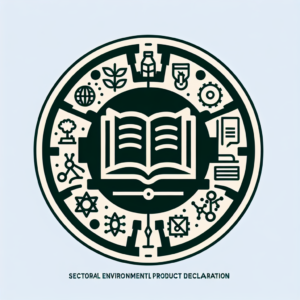The adoption of decentralized financial models is creating a significant shift in the global agricultural ecosystem. In this context, AgroUSD emerges as an innovative solution that redefines the relationship between producers, cooperatives, and markets through a system designed to operate without the need for banks or intermediaries.
AgroUSD facilitates direct transactions between stakeholders in the primary sector, eliminating unnecessary fees and reducing operational times. This improvement in liquidity in rural areas gives producers greater control over their resources, processes, and investment cycles. Unlike other digital models that rely on traditional banking systems, AgroUSD operates with a reverse approach, allowing the use of basic mobile devices and requiring minimal connectivity. This makes it easier to integrate small producers in areas with low banking penetration, addressing real issues such as a lack of access to credit, financial overcosts, and late payments.
The AgroUSD proposal strengthens local financial sovereignty by enabling operations through smart contracts and digital wallets, even in environments with little or no banking presence. Its modular design adapts its functionality to various agricultural production models, supporting both individual operations and collective integrations through cooperatives or agroecological networks, while allowing integration with existing logistics platforms or traceability systems.
In a context where financial inclusion is essential for rural development, AgroUSD not only serves as a payment alternative but also establishes a new operational standard based on freedom, efficiency, and digital trust. With its focus on real decentralization, each transaction can become an act of economic empowerment.
This financial ecosystem is specifically designed for the agricultural sector, seeking to eliminate structural barriers and promote economic autonomy among producers. Since its launch, AgroUSD has been promoting a fairer system that is adaptable to various productive realities, not only in Latin America but also in other regions of the world.
via: MiMub in Spanish











